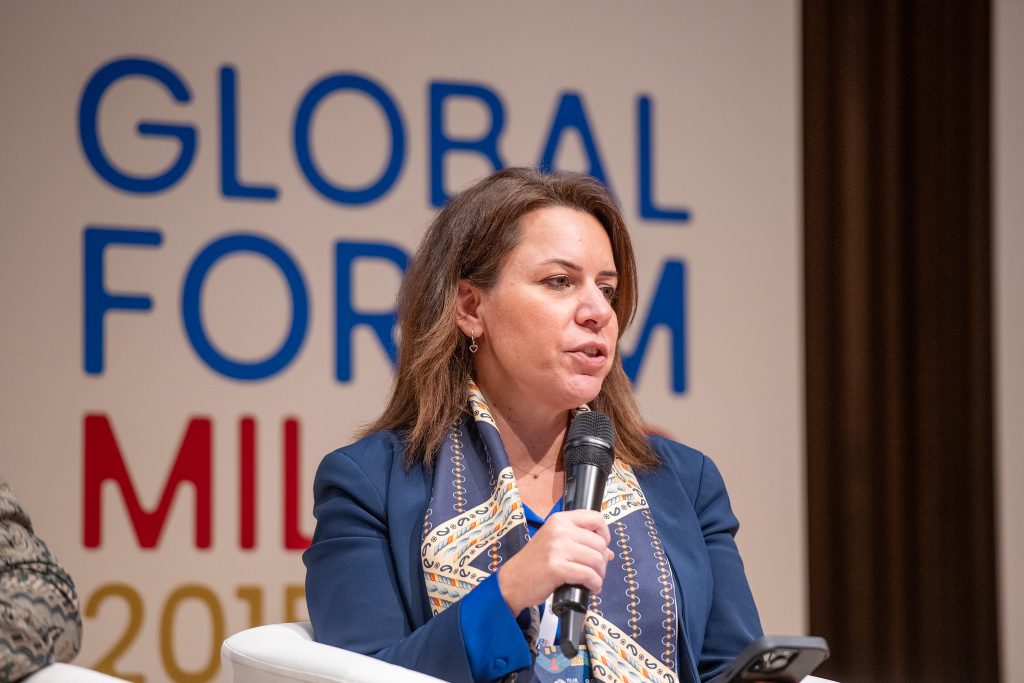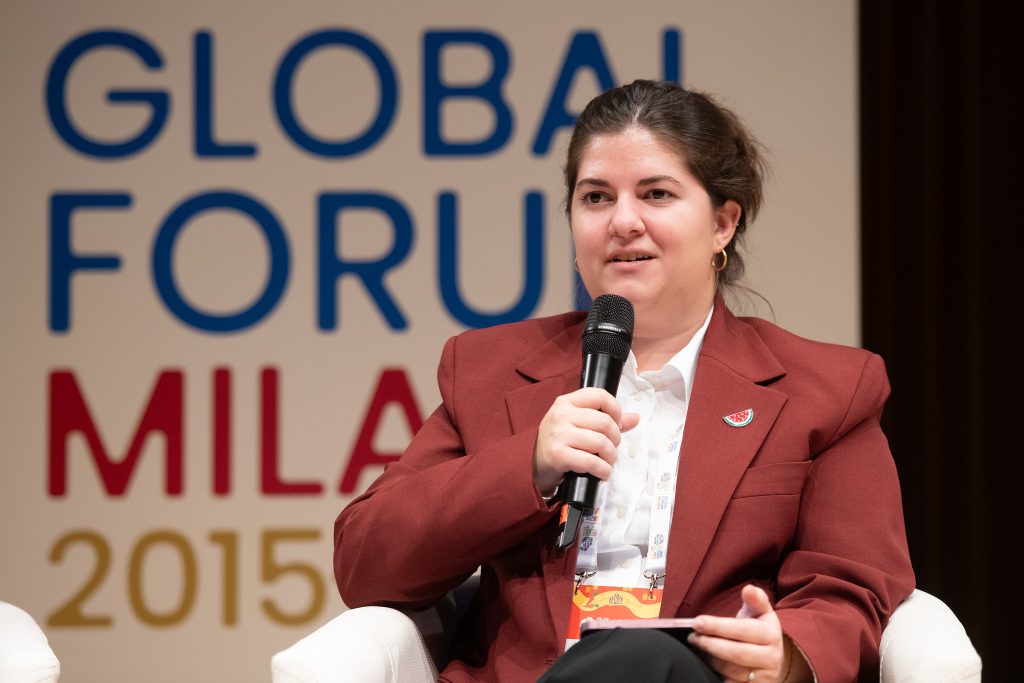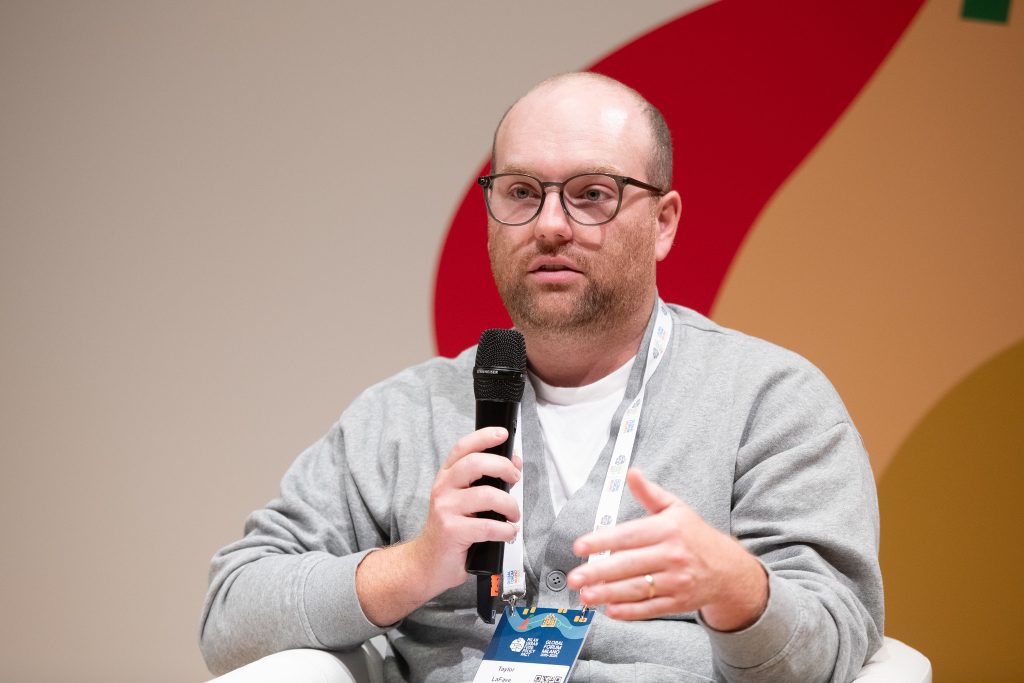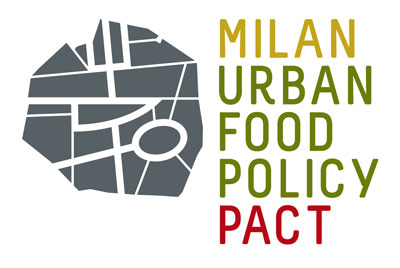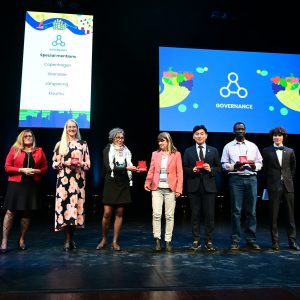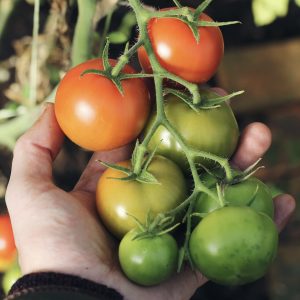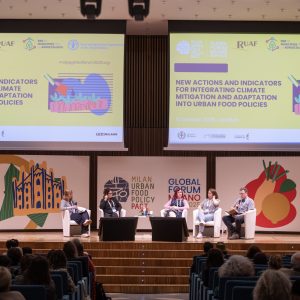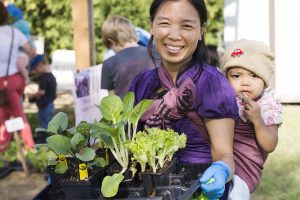At the heart of every MUFPP Global Forum lies the State of the Pact plenary session, and the 2025 edition in Milan was no exception. Framed around four strategic pillars – Membership, Knowledge, Partnership, and Governance – the plenary offered a comprehensive reflection on the progress achieved in ten years of joint activities.
Filippo Gavazzeni, Director of the MUFPP, opened with a global overview of the Pact, followed by regional updates from representatives from the Steering Committee.
Global Updates
Membership – Over the past decade, MUFPP membership has expanded from 102 to 330 signatory cities, now representing half a billion inhabitants. This growth confirms the Pact as one of the world’s most dynamic city-led movements for food policy development and food system transformation. Diversity remains one of the MUFPP’s greatest strengths: the network spans 99 countries, covering every region across the globe.
Europe continues to host the highest number of signatories (120 cities, one third of the network). The fastest growth has been recorded in Africa (51 cities) and the Asia Pacific region (50 cities). Looking ahead, the next decade will focus on expanding membership in the Americas, currently counting 33 cities in North & Central America and 38 in South America.
In 2025 alone, 30 new cities joined the Pact, and 13 of them took the stage during the Forum’s Signing Ceremony, receiving warm applause from all participants.
Knowledge – The network collected more than 960 food policy practices, through 7 Milan Pact Awards Editions: the world’s most extensive repository of urban food practices that fuels the MUFPP’s ongoing work on exchange, advocacy, and partnership building.
Since 2017, the Secretariat has produced 35 publications, showcasing innovations from signatory cities and strategic projects. These include:
• Reports developed with AICS – the Italian Agency for Development Cooperation,
• Publications from EU-funded projects such as Food Trails and CLEVERFOOD,
• Report from the MUFPP-Mercociudades webinar series,
• And insights from the MUFPP & ASEAN project Spreading Experiences and Knowledge on School Meals Programmes in ASEAN Cities.
A concrete example of how this knowledge is put into action is the MUFPP Fellowship Programme. In just three years it has involved over 130 cities and trained 2,600 city officers through capacity-building sessions, peer-learning exchanges, thematic webinars, and workshops across all regions.
Partnership – One of the most significant developments for the MUFPP over the past decade has been the strengthening of partnerships. The Pact has moved from small, individual initiatives to structured, multi-year projects with shared goals and investments.
Fondazione Cariplo and AICS have been central to this growth, providing long-standing support that has helped expand and consolidate the Pact’s work. Over the years, the MUFPP has built a wide network of partners — from UN agencies to universities, research centres, NGOs, and city networks. These collaborations have opened new opportunities for cities, reinforced advocacy efforts, and helped bring the urban perspective into the global food agenda.
Stronger partnerships have also increased project development capacity. Since 2019, the Secretariat has secured 25 funding opportunities — including 17 European grants and 8 direct financing agreements — mobilising €32.4 million directly managed by the MUFPP Secretariat. In total, 132 MUFPP cities have taken part in these projects, together with more than 300 partner organisations.
These achievements confirm the Pact’s growing credibility as a platform capable of driving systemic change and supporting long-term sustainability in urban food systems worldwide.
Governance – The MUFPP Steering Committee, the governing body of the Pact, represents the network’s global diversity. Composed of 13 members, two per region plus the City of Milan as permanent Chair, the SC ensures strategic alignment and continuity. Looking ahead, elections for the new Steering Committee will take place in 2026.
The MUFPP Secretariat, now counting 20 officers, continues to coordinate, support, and energise the network, ensuring that cities remain at the center of decision-making and action.
Since 2015, 9 Global Fora and 23 Regional Fora have been organised. Each forum has given cities the chance to exchange practices, shape regional priorities, and develop joint roadmaps for action.
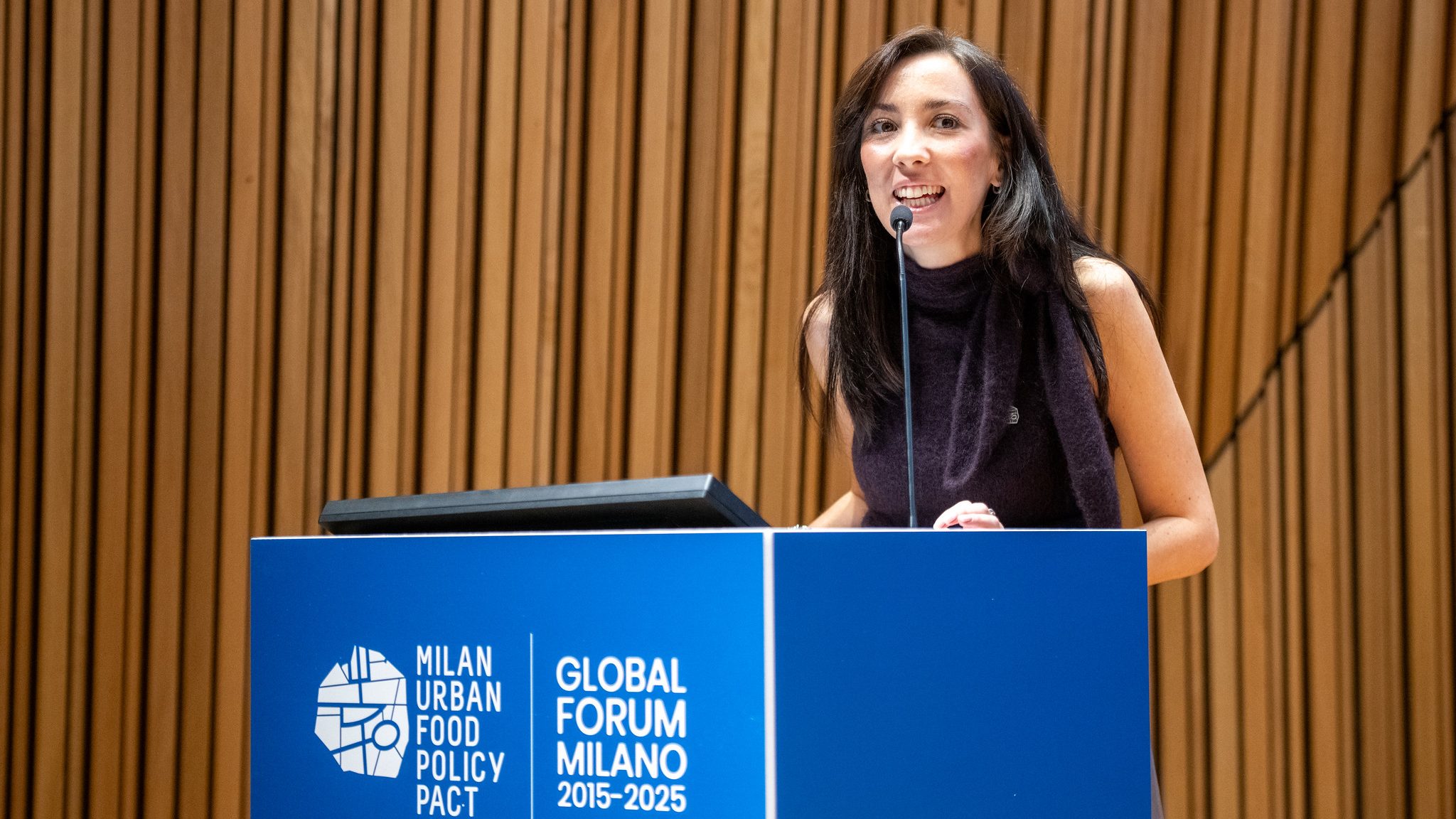
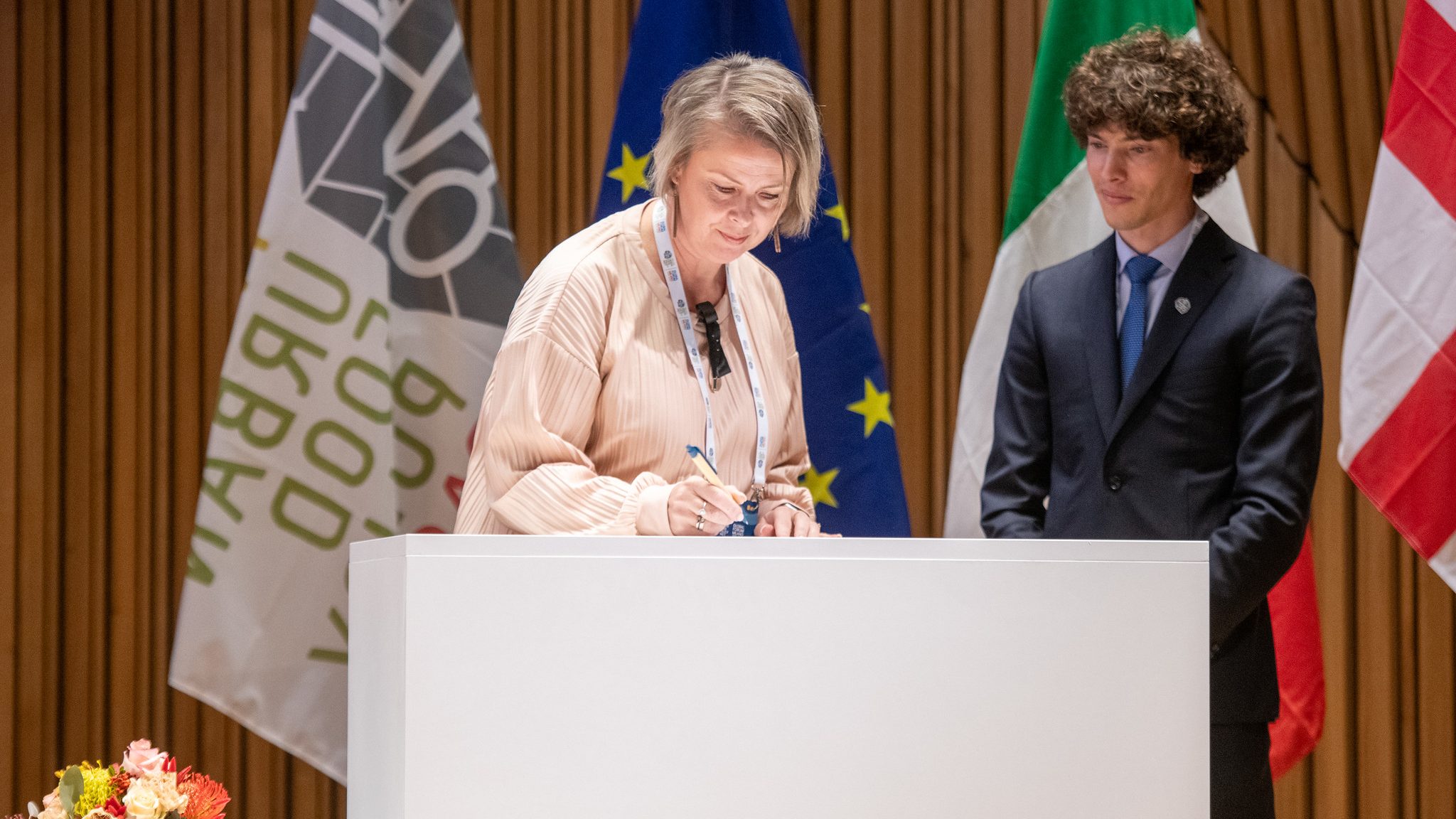
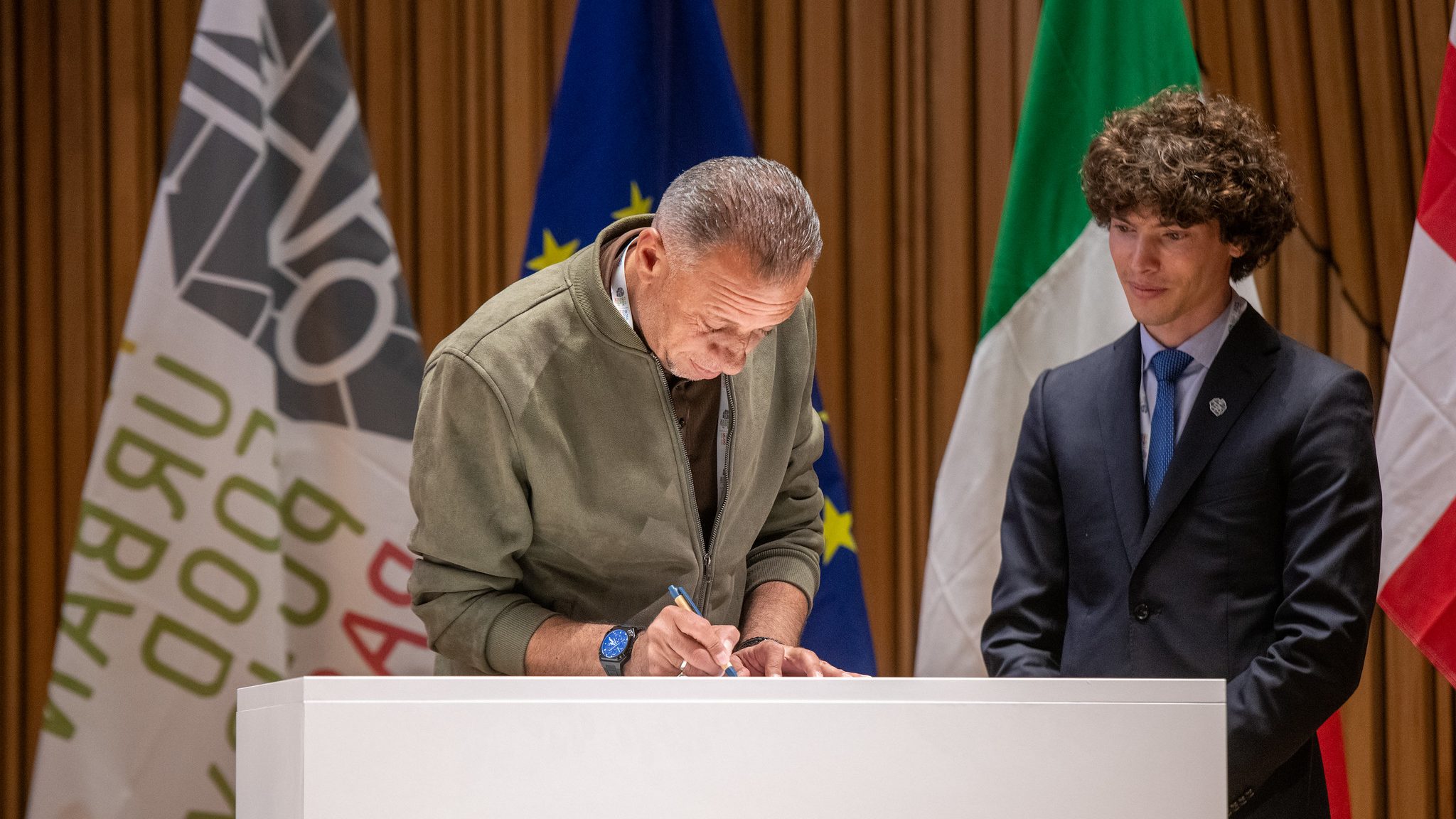
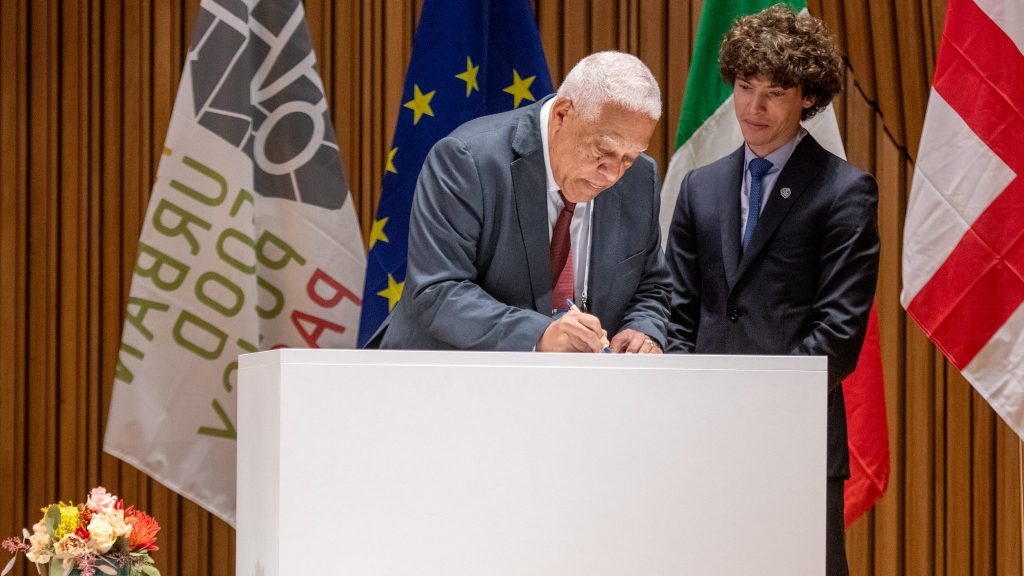
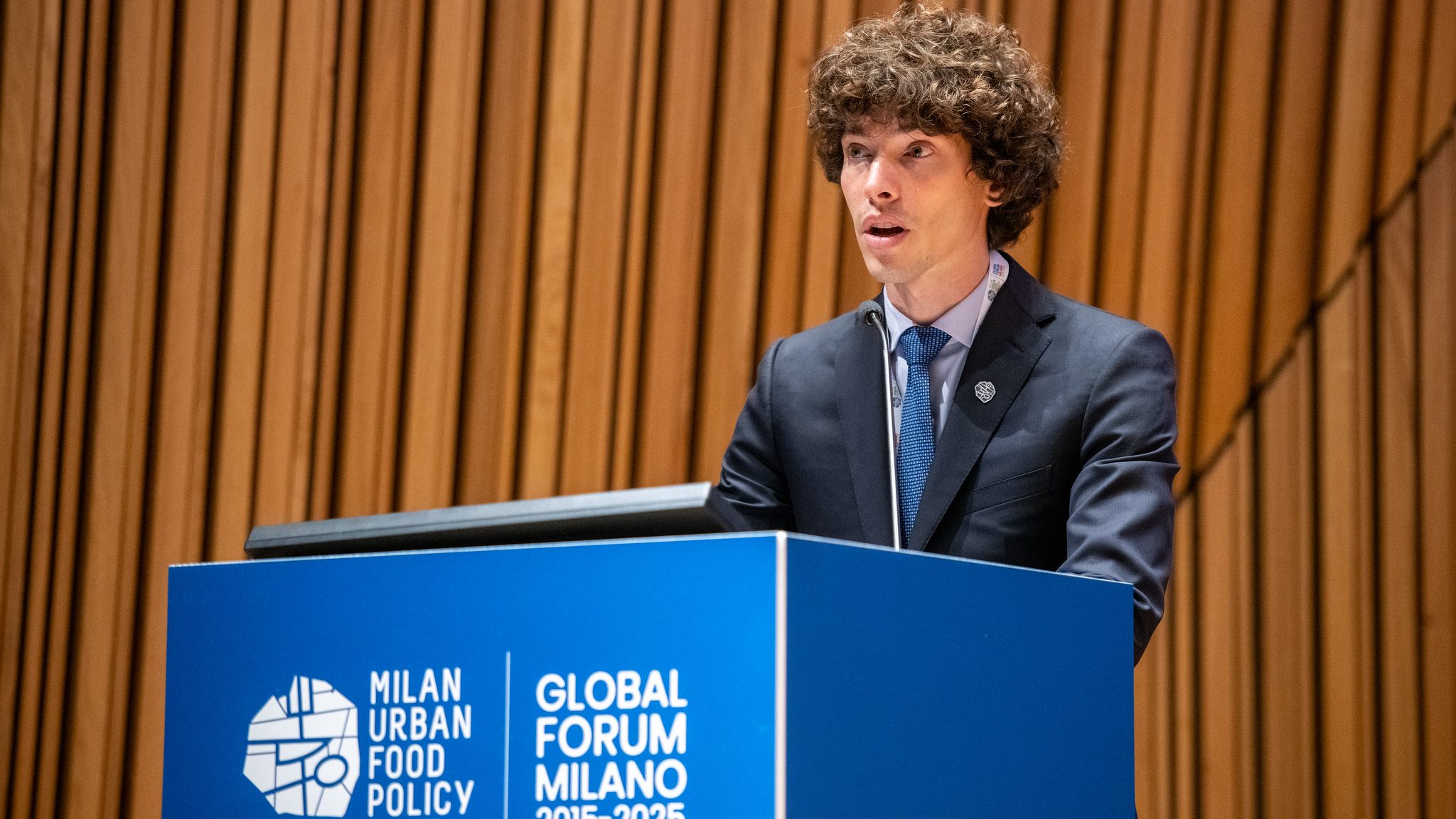
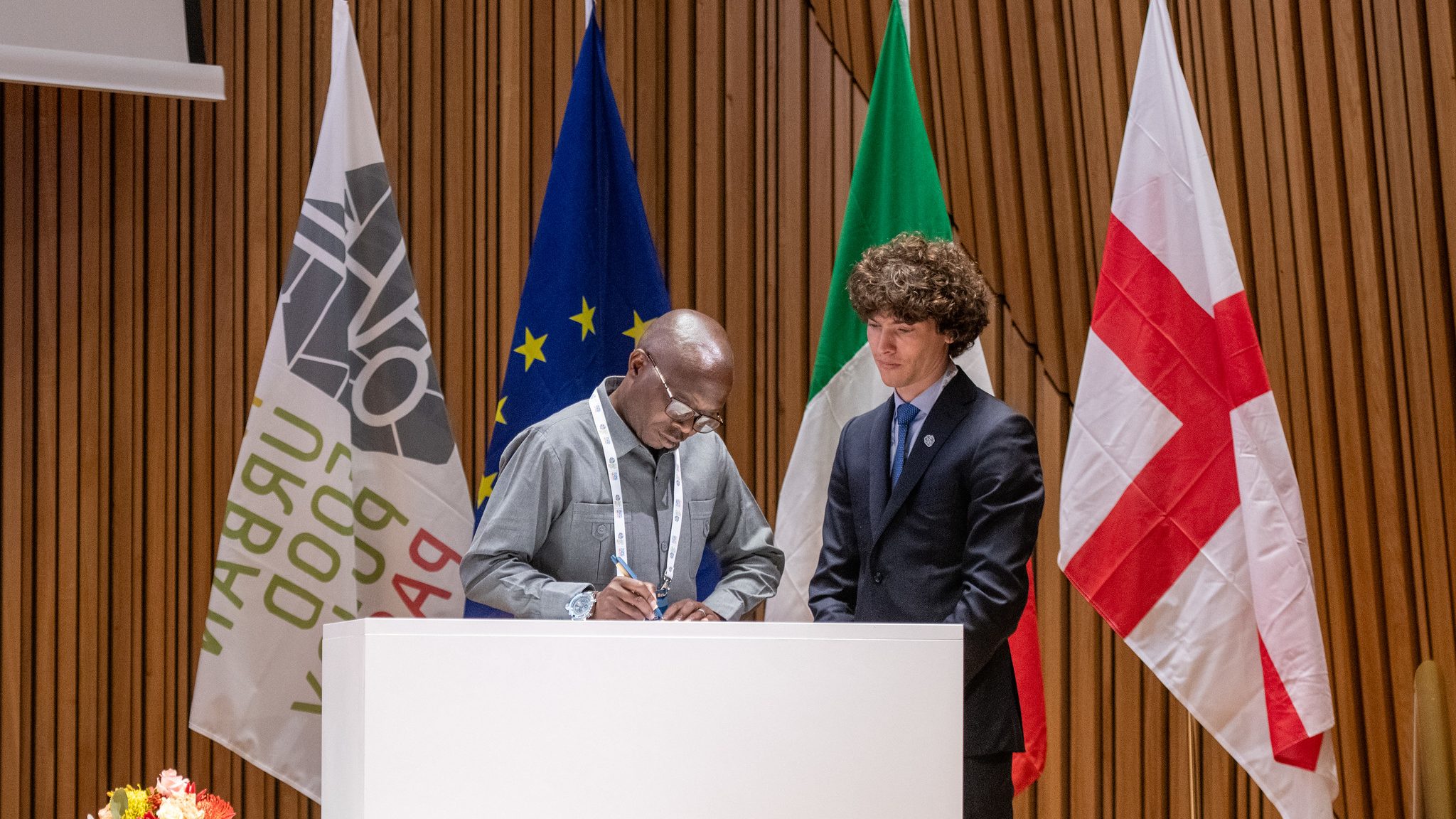
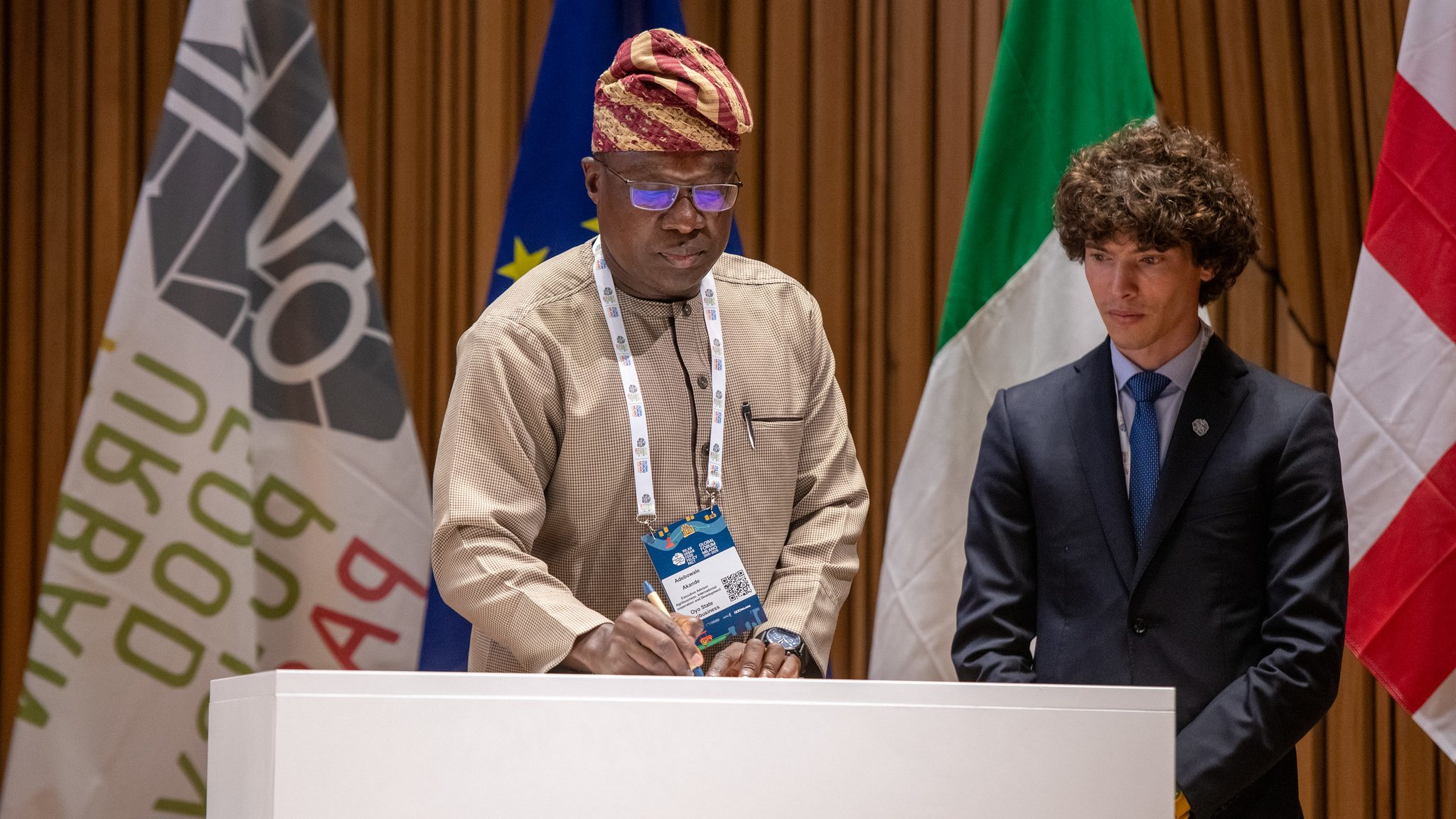
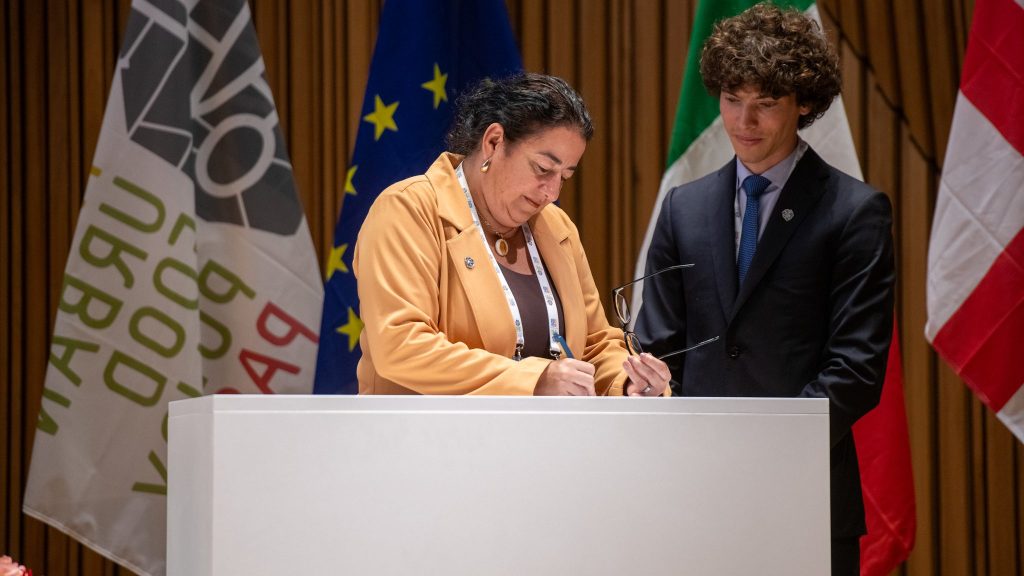
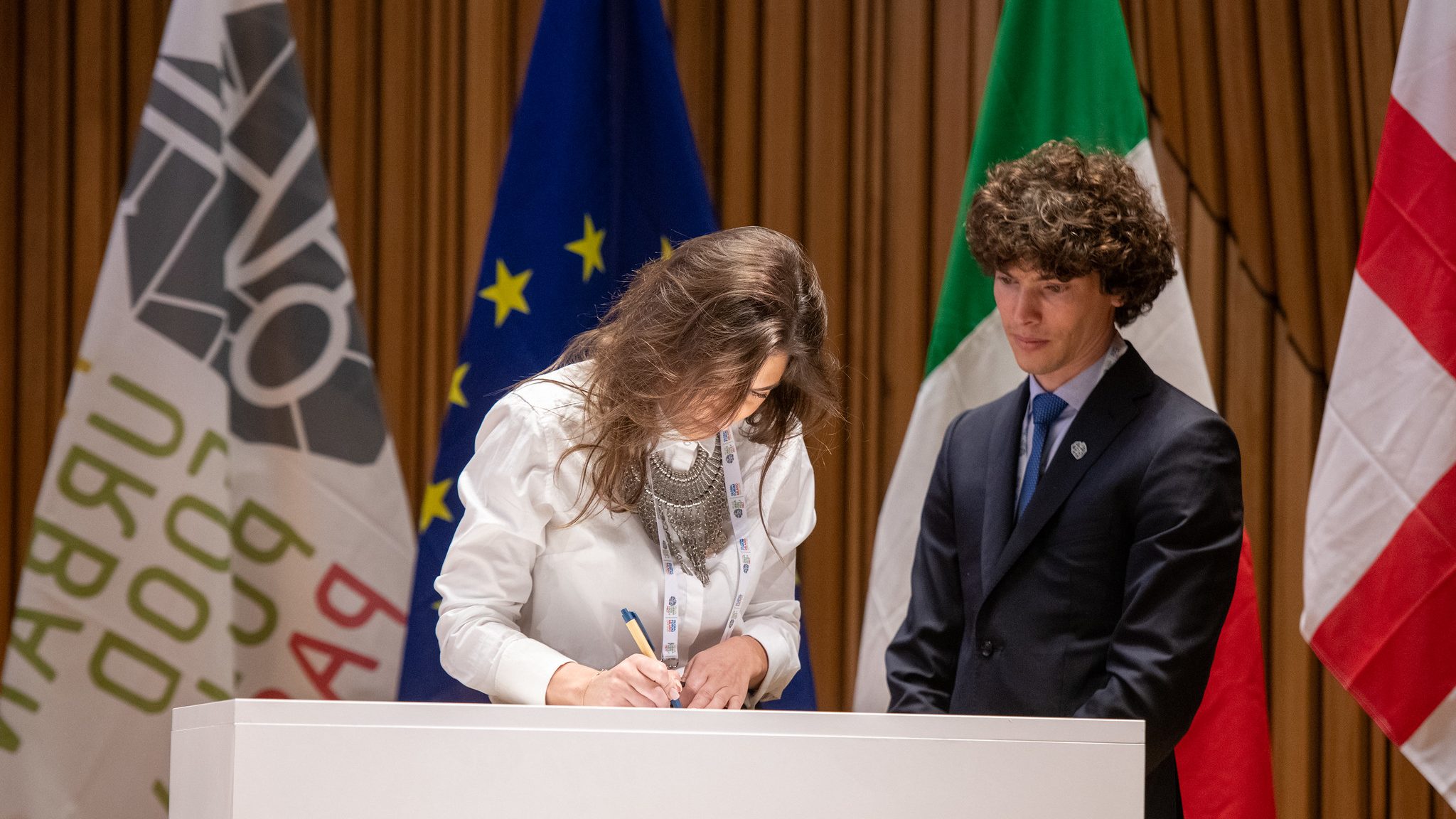
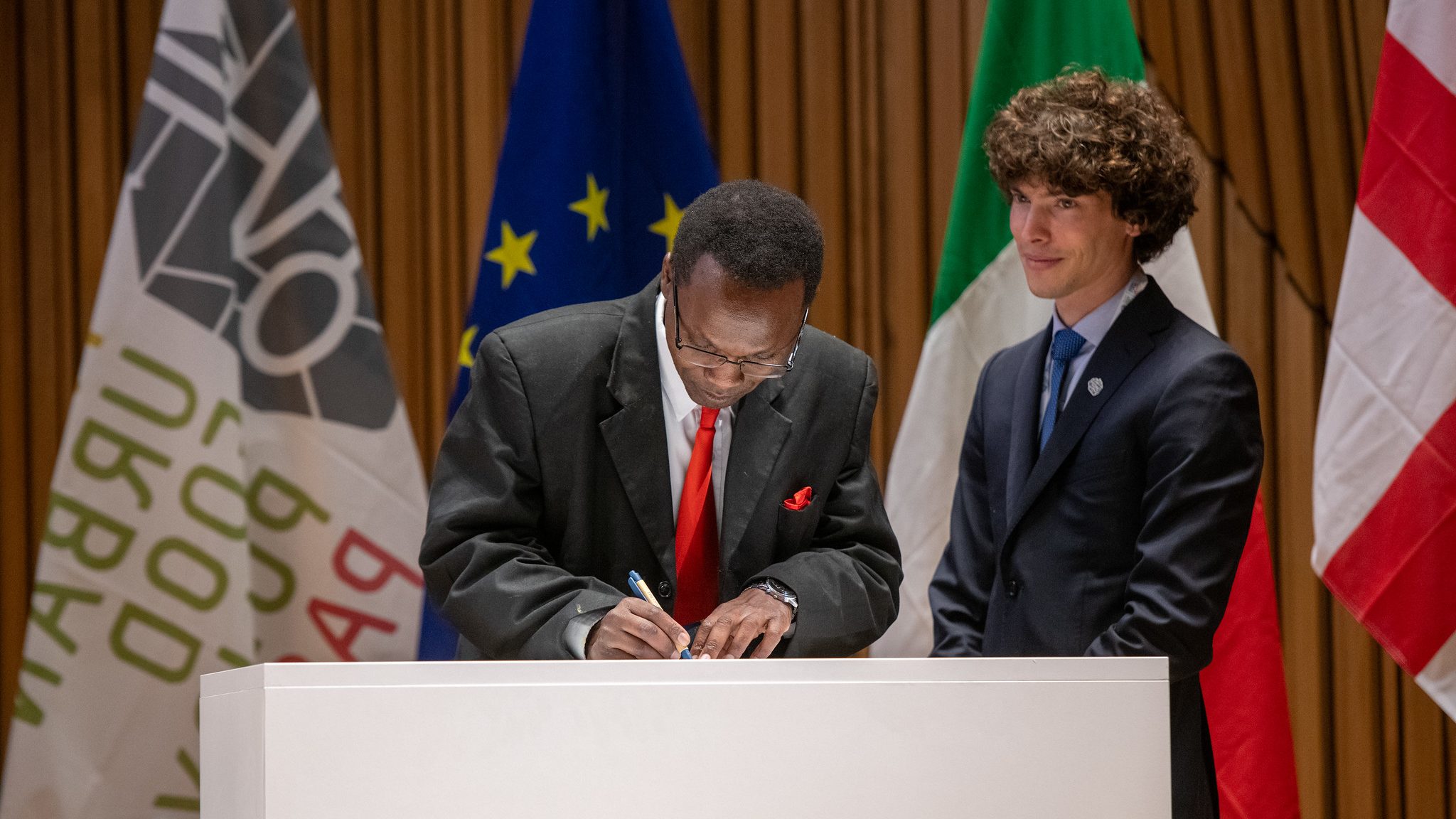
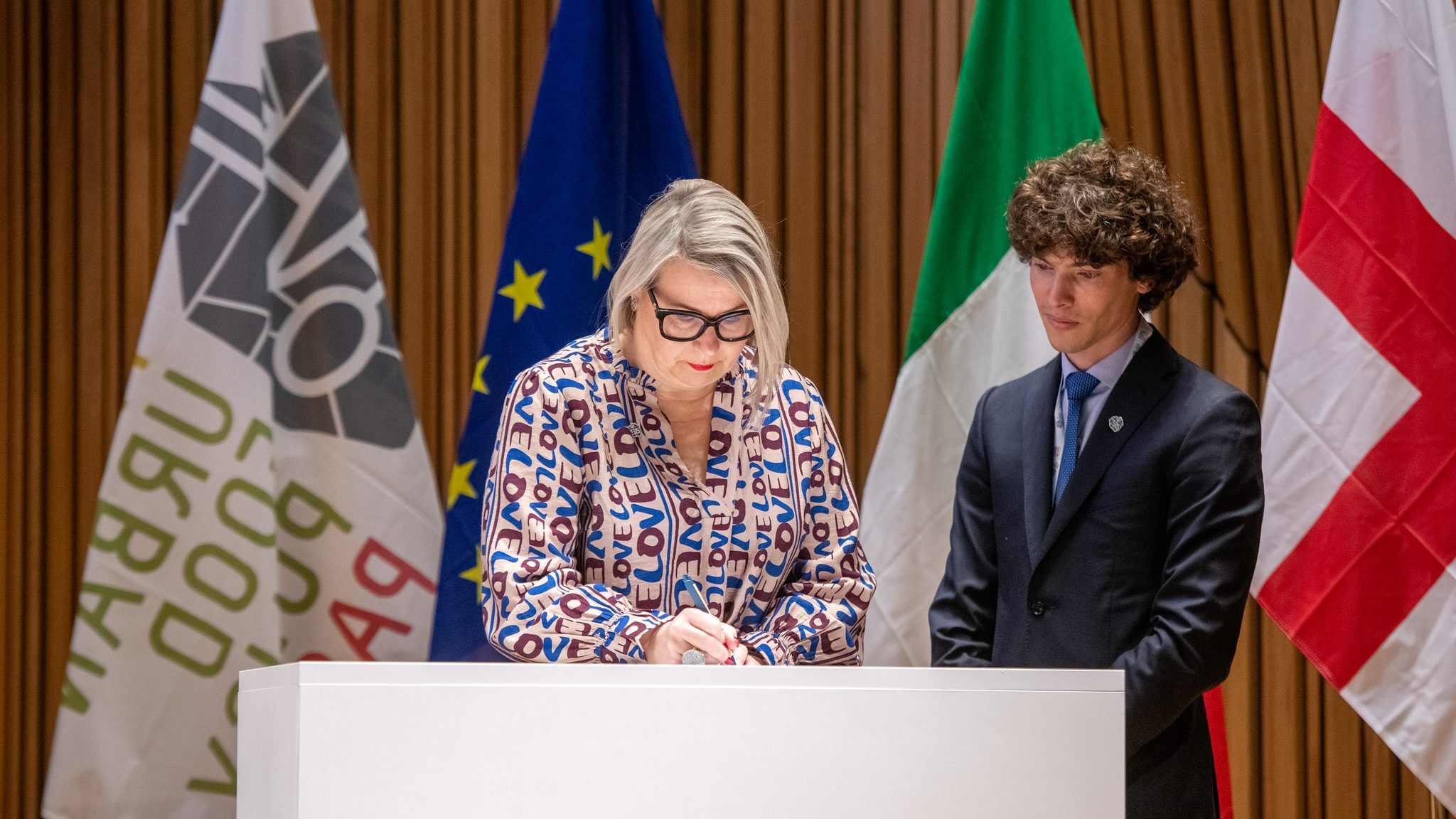
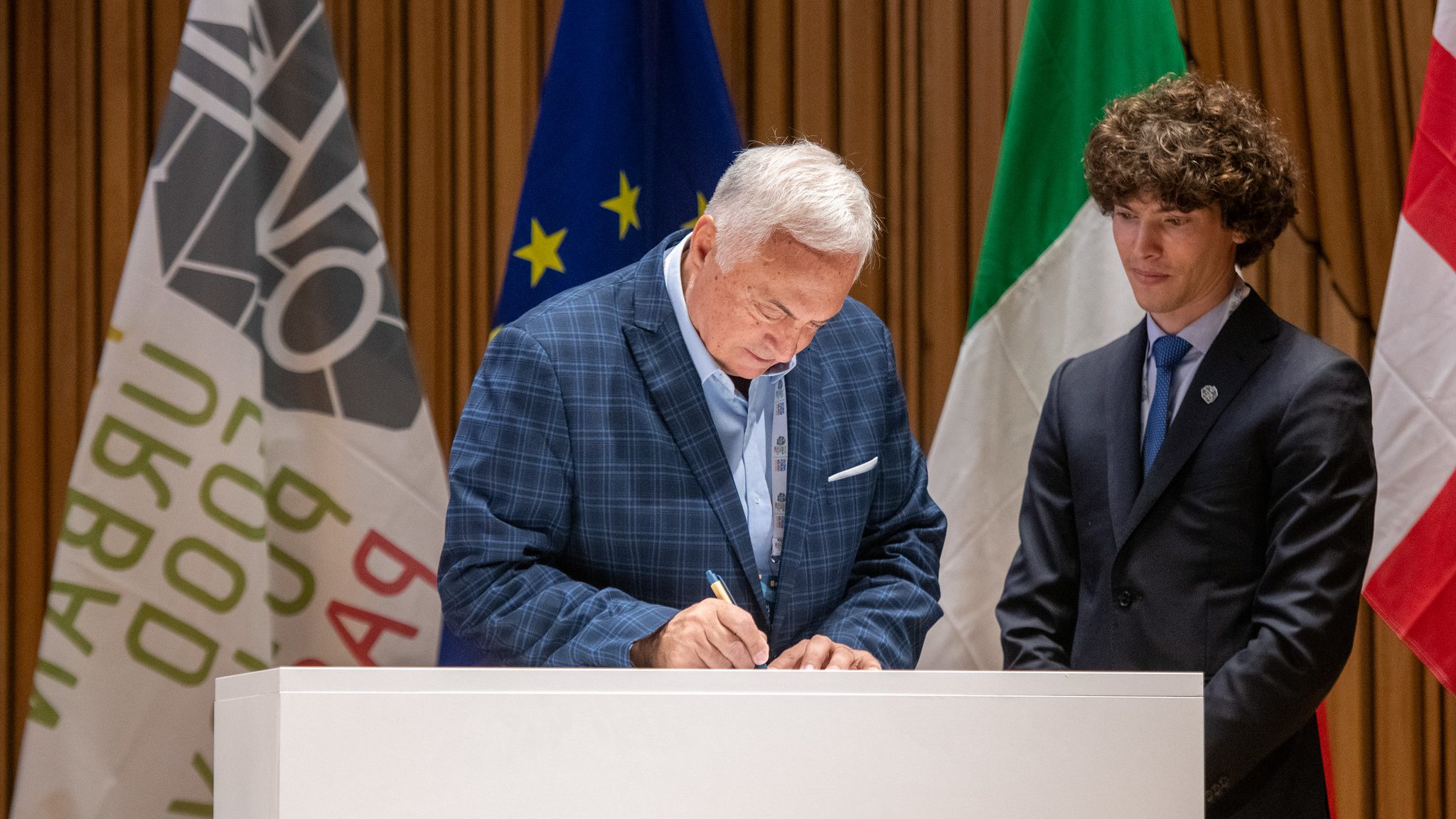
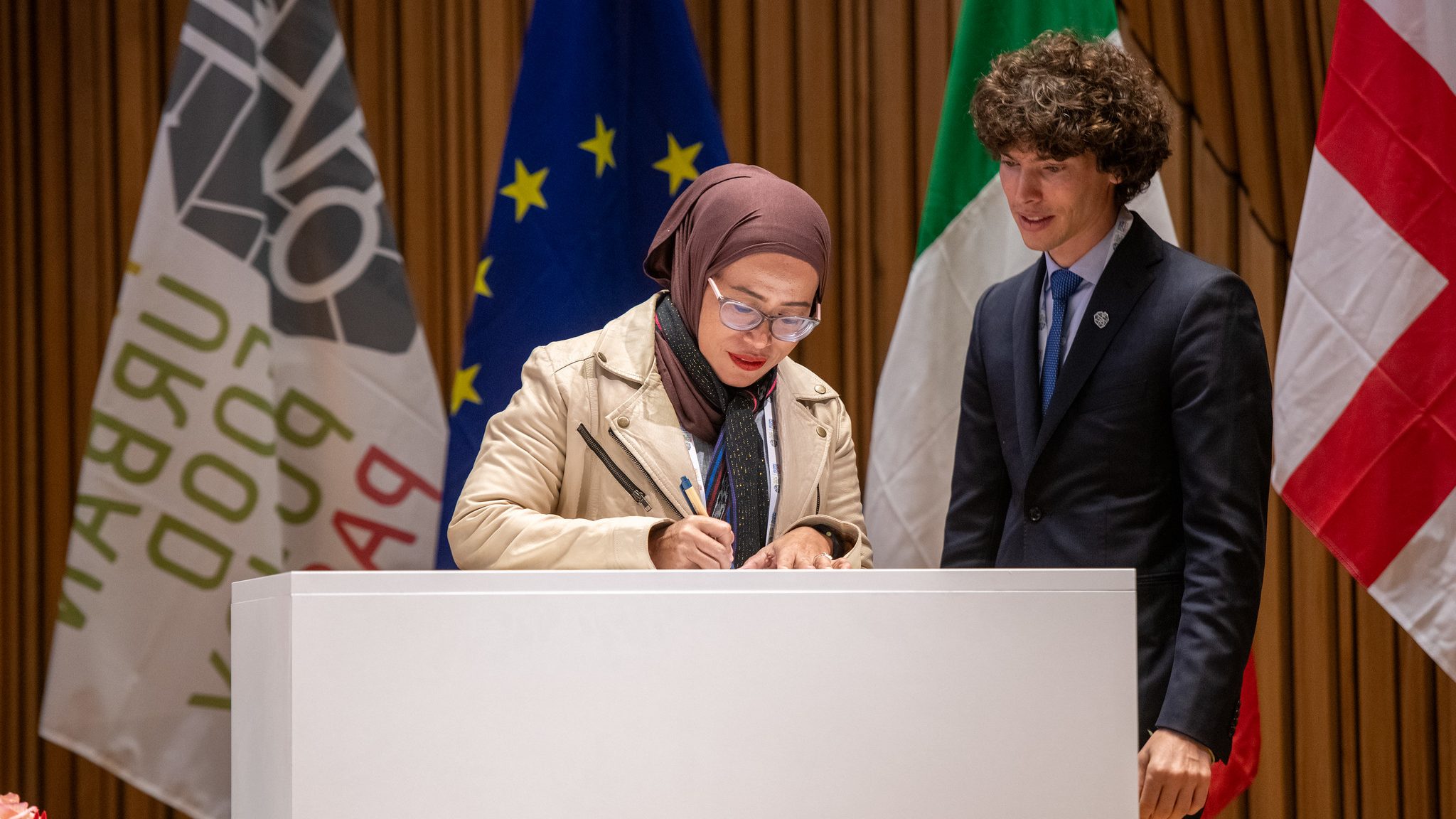
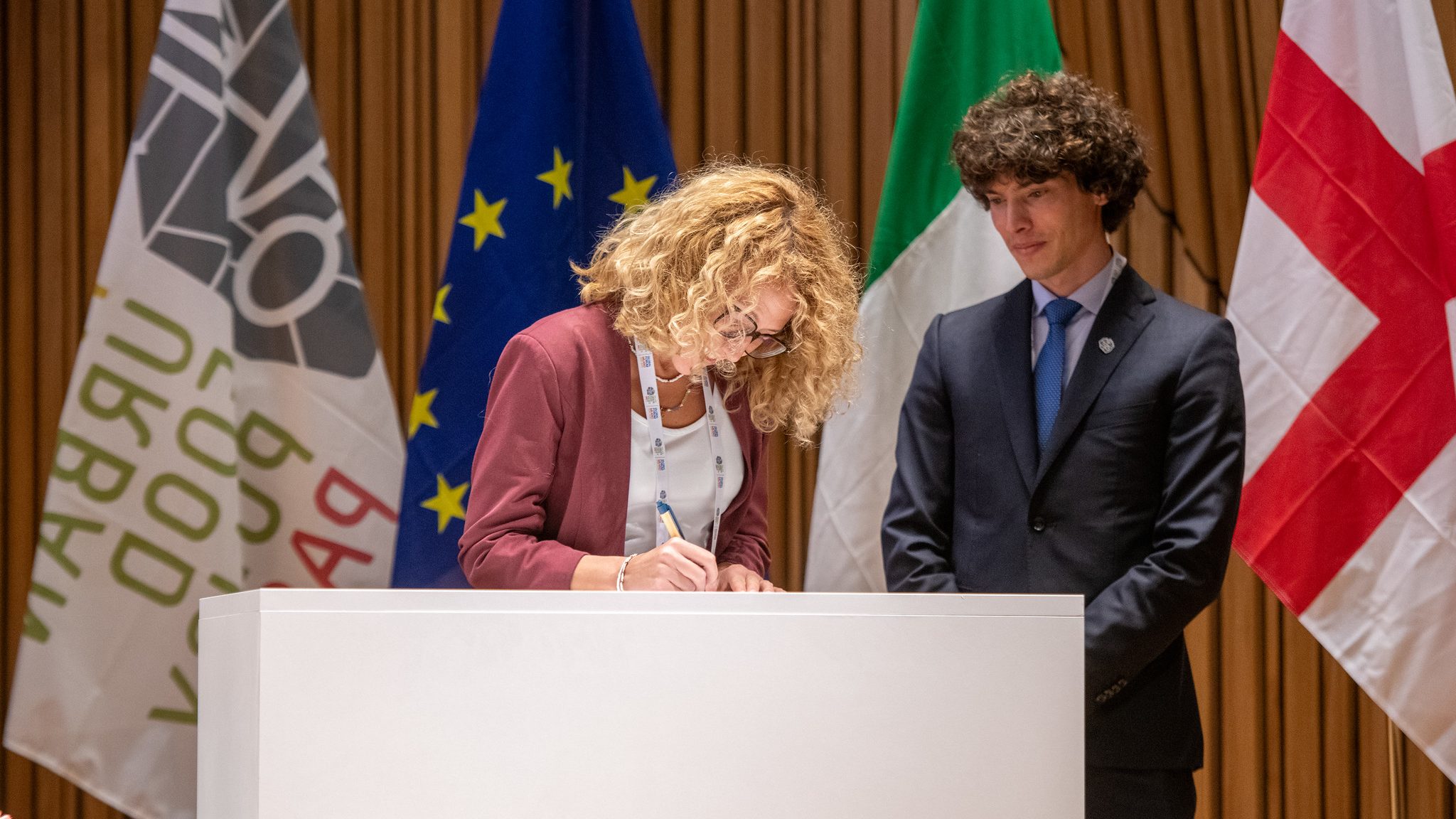
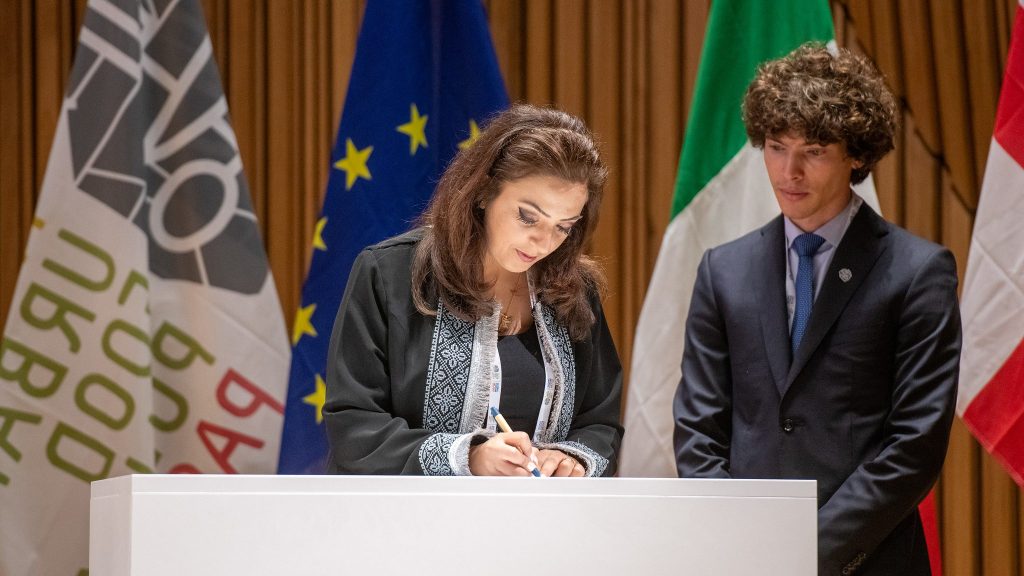
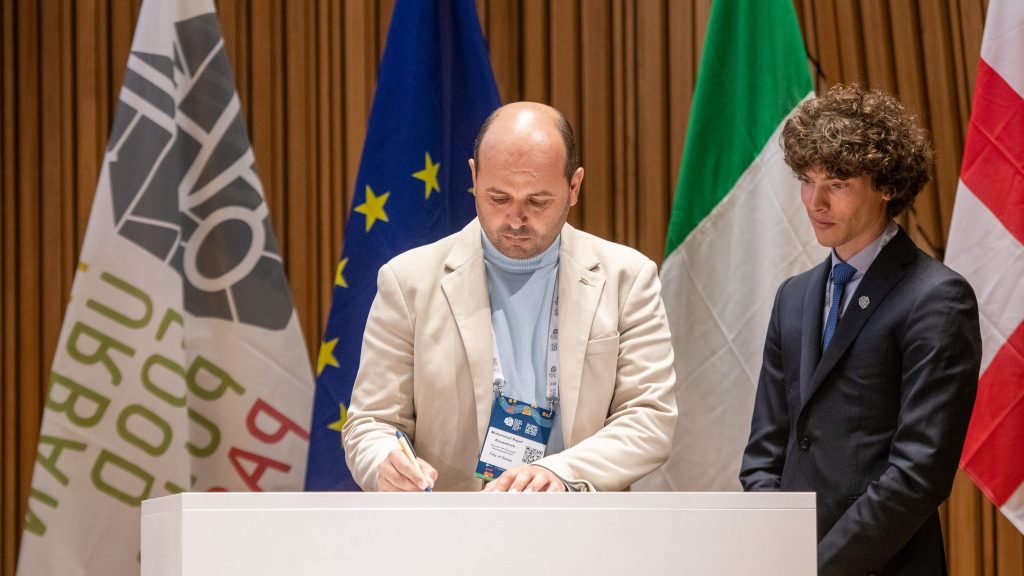
Regional Updates
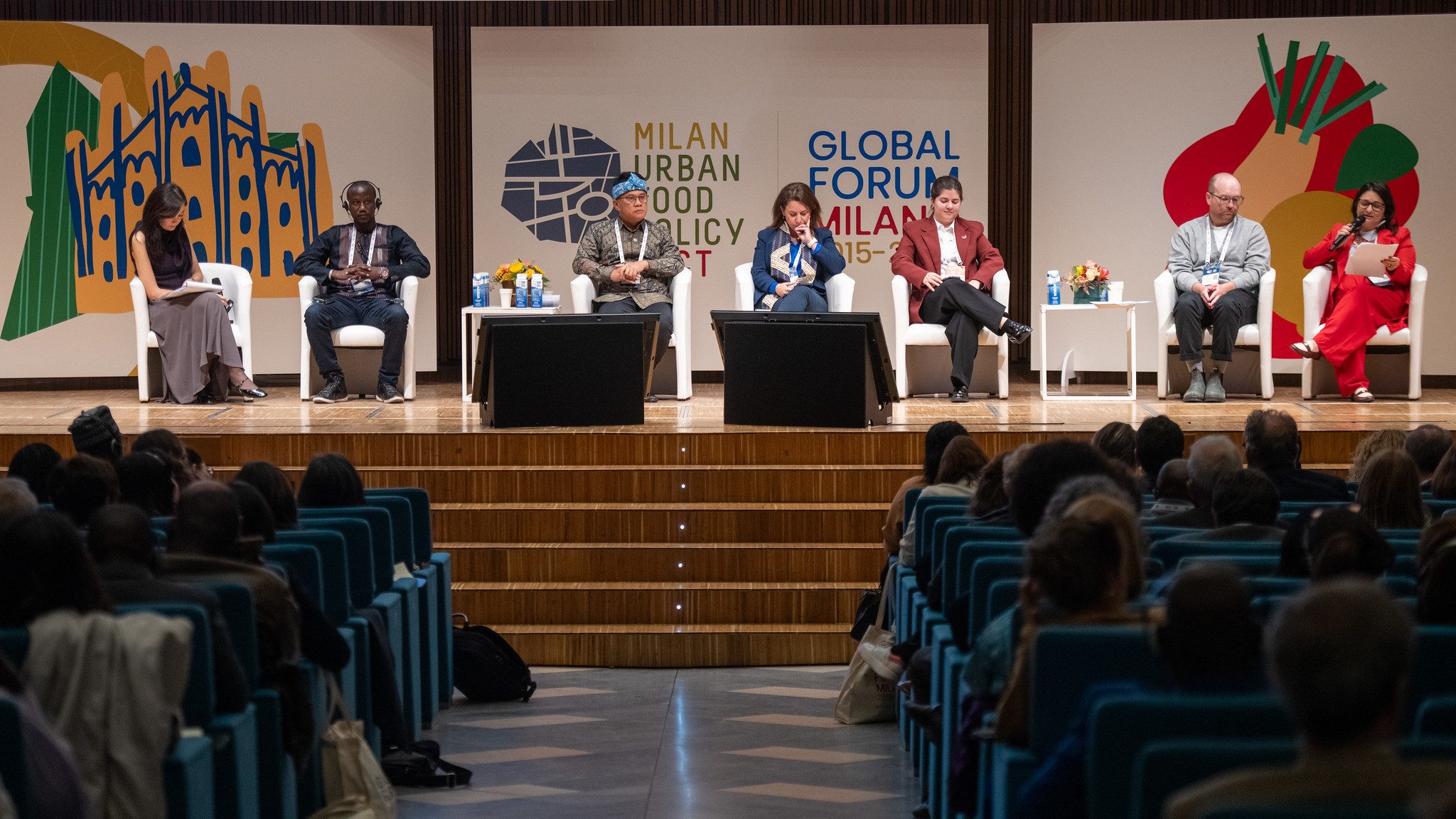
After the overview of the state of the art of the Pact, representatives of the MUFPP Steering Committee took the floor to share updates from their respective regions, presenting progress and priorities through the lens of four pillars.
The African Region reported significant progress during the Steering Committee’s last mandate, with 13 new member cities and 50 food policy practices submitted to the 2025 Milan Pact Awards.
In terms of partnerships, a key action is the EU-funded AfriFOODlinks project, which connects 15 African cities with 5 European cities to accelerate urban food system transformation.
Under the Governance pillar, the region hosted its 6th Regional Forum in Addis Ababa on 10–11 October 2024, focusing on School Meals, a theme of growing relevance across African cities.
The Asia Pacific Region remains one of the most dynamic within the Pact, welcoming 16 new cities and contributing 52 practices to the Milan Pact Awards.
A major partnership milestone has been the collaboration with ASEAN through the project Spreading Experiences and Knowledge on School Meals Programmes, strengthening regional cooperation on school feeding.
On Governance, the region held its 2nd Regional Forum on the theme “Nourishing Growing Cities: Enhancing School Meals and Supporting Local Communities” in Bangkok in December 2024.
Additionally, in 2024 Seoul Metropolitan Government hosted the Seoul International Conference on Urban Food, further positioning Asia Pacific cities at the forefront of urban food policy innovation.
The Eurasia & South West Asia Region continued to expand, welcoming 10 new member cities and contributing with 35 food policy practices to the latest edition of the Milan Pact Awards.
In terms of partnerships, a key collaboration was the one with FAO and Let’s Food, which facilitated the exchange of good practices between the cities of Amman and Milan, as well as the peer-learning lab on food loss and waste for Mediterranean cities.
The European Region reported solid progress, welcoming 26 new member cities and contributing with 119 food policy practices to the 2025 edition of the Milan Pact Awards.
In terms of partnerships, several key initiatives continued to advance the region’s work, including the Horizon projects Food Trails (recently concluded), SchoolFood4Change, and CleverFood (both ongoing). Also noteworthy is the Urban Agenda for the EU Food Partnership (UAEU), which is helping to strengthen the role of cities in shaping European food policies.
Under the Governance pillar, European cities continue their tradition of gathering annually for the Regional Forum: Bordeaux hosted the 2023 edition, while Warsaw welcomed cities in 2024.
The North & Central America Region reported an increase of 8 new cities and contributed with 33 food policy practices to the 2025 Milan Pact Awards.
A major highlight came from Austin, which not only received the MPA2025 award in the Governance category but also announced that it will host the first-ever Regional Forum for the region in March 2026, a significant milestone for strengthening collaboration across North and Central American cities.
The South America Region welcomed 8 new member cities and submitted an impressive number of practices (58) to the 2025 Milan Pact Awards.
Under the Partnership pillar, a key achievement has been the Letter of Intent (LOI) with Mercociudades, which has already generated important outcomes: the creation of a thematic unit on urban food policies within the Mercociudades network, a joint webinar series, and joint sessions on the occasion of the Mercociudades Summit and during Rosario’s Climate Week.



